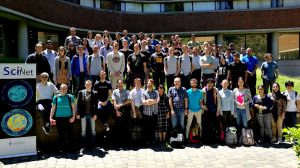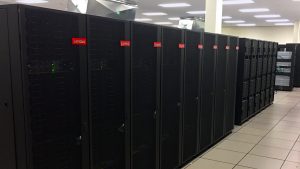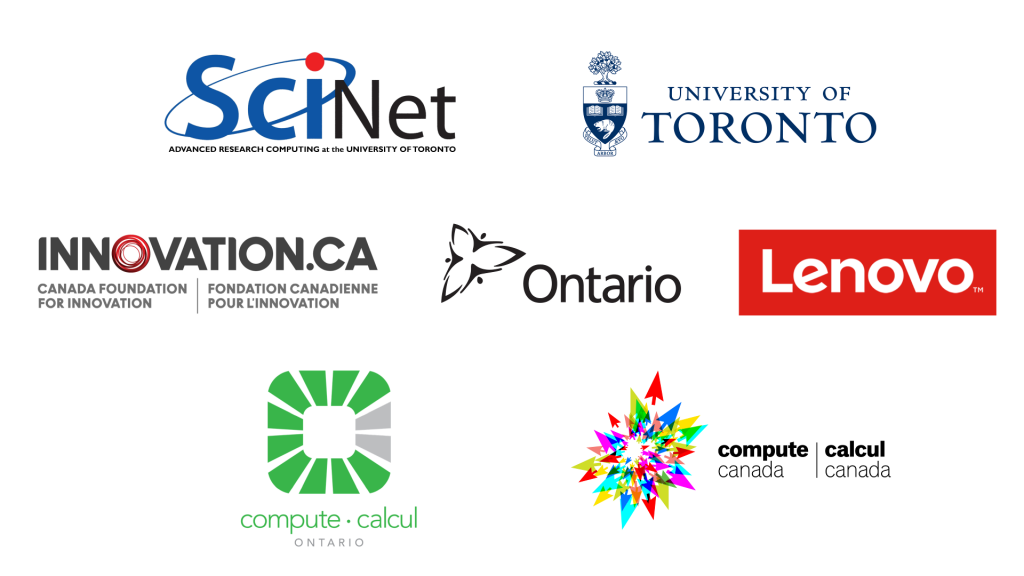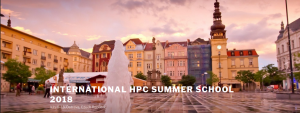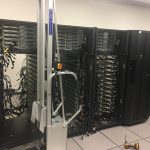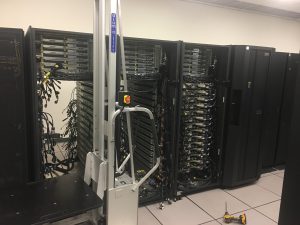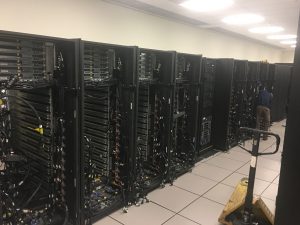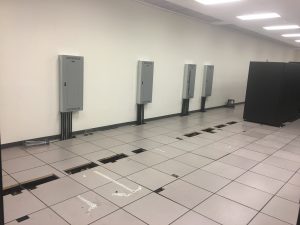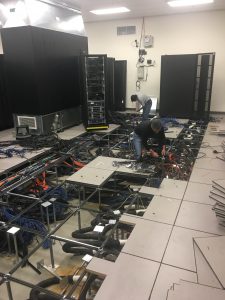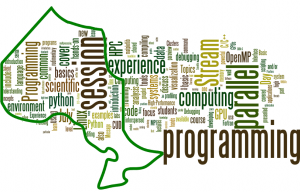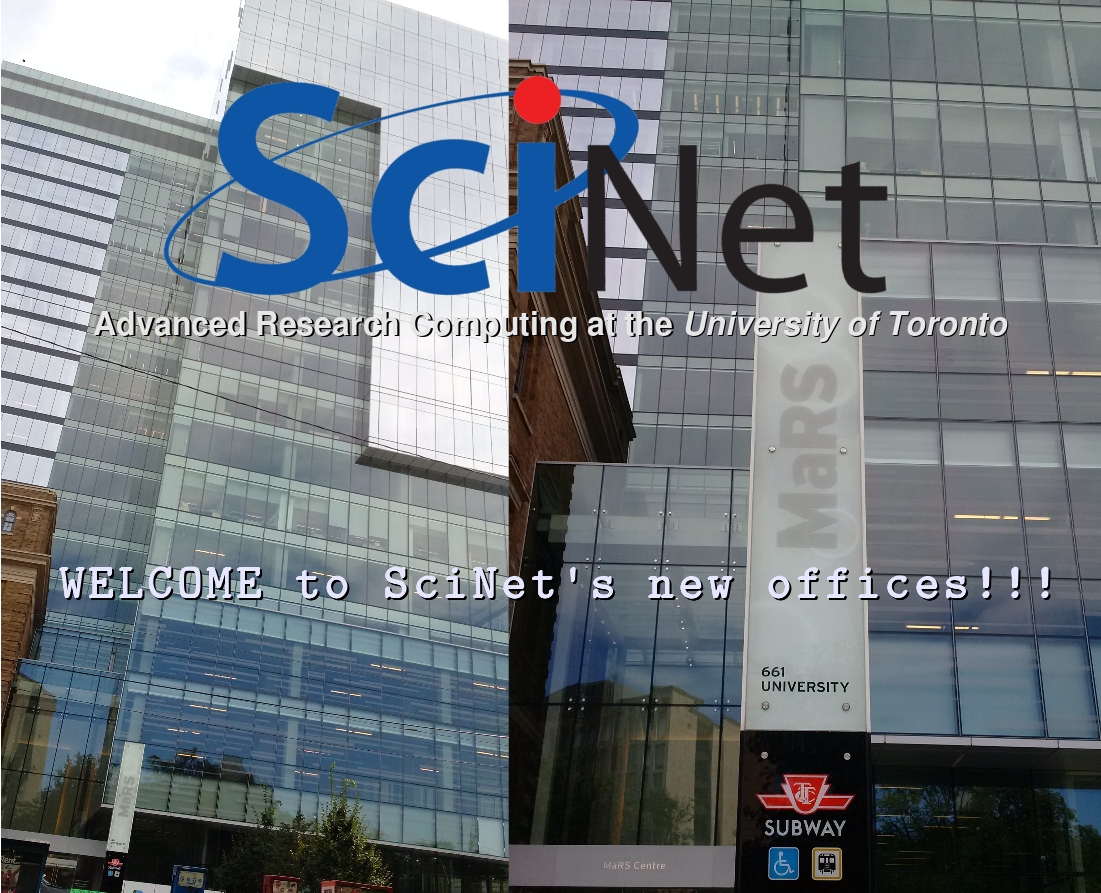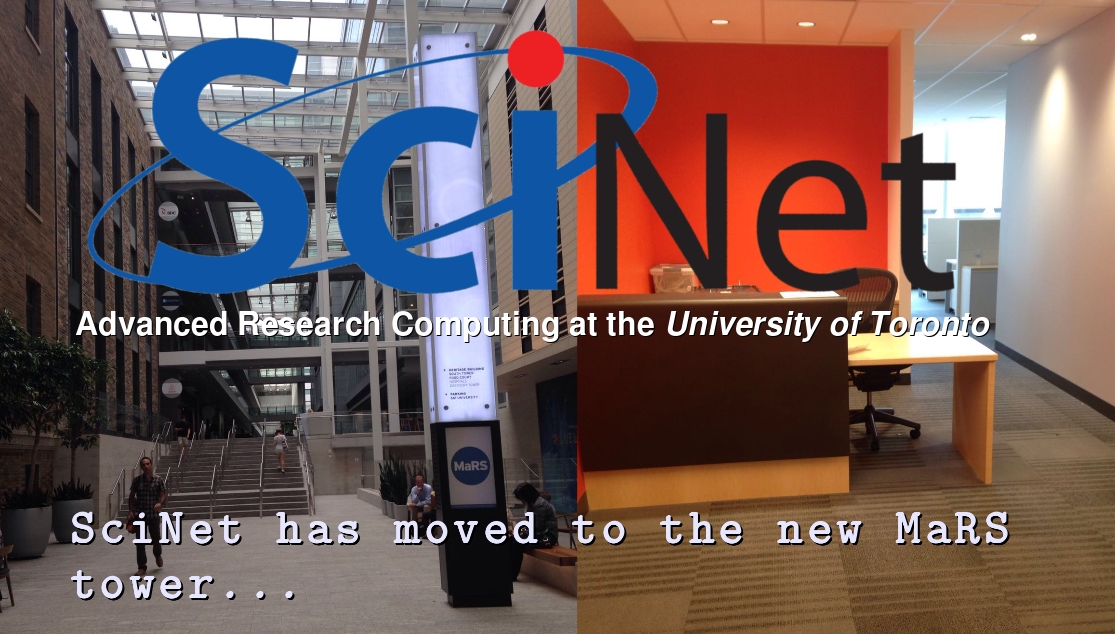SciNet concludes its biggest-ever training week in scientific, high performance, and data science computing
June 19, 2018 in blog-general, for_educators, for_press, for_researchers, for_users, frontpage, news, success_story
When summer arrives, it means the return of Ontario’s Summer School on Scientific and High Performance Computing. This annual set of educational events bring together graduate students, undergraduate students, postdocs and researchers and gives them an opportunity to learn and share knowledge and experience in technical computing, data science and biomedical computing on modern high-performance computing platforms.
The summer school has been given at three locations for the last seven years and is a collaborative effort of the three High-Performance Consortia in Ontario: SHARCNET, CAC, and SciNet. This year, the first was from May 28 to June 1 in London, while the second one was hosted by SciNet on the St. George campus of the University of Toronto from June 11 to 15, and the third will take place in Kingston from July 30 to August 3.
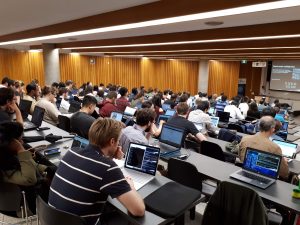
High Performance Computing with Python (“Parallel Python”) Session at the 2018 Ontario HPC Summer School in Toronto
The format of the school is that of a five-day intensive workshop with mixed lectures and hands-on sessions on a number of selected topics. The topics slightly vary by location, but may include shared memory programming, distributed memory programming and general purpose graphics processing unit programming, and Python, R, machine learning, neural networks, visualization, debugging, bioinformatics and bioimaging. To make all these topics fit in one week, the lectures are organized in different streams. In Toronto, there was a high performance computing stream, a data science stream, and a biomedical stream, given by instructors from SciNet, SHARCNET, and CAMH.
This year was SciNet’s biggest summer school yet. For the first time, there were more than two hundred participants, from widely varying academic background like Business Administration, Dentistry, Biology, Medicine, Economics, Health Sciences, Phyics, Chemistry, Engineering, and Astronomy. Those who attended at least three days received a certificate of attendance.
To get a sense of the tremendous growth of this event, consider that in 2012, one of the first years of the summer school, in Toronto, we had 35 participants in the summer school, issued 20 certificates, and a total of 400 contact-hours were delivered by a handful of instructors. In 2018, these numbers are 7 to 10 times larger: there were 211 participants, 135 certificates were issues, and 3800 contact-hours were delivered by 17 instructors. If that is not a clear enough indication of the demand for this kind of training, consider this: within one day of opening the registration, there were over 100 registrations, and just one week later, the 200 registration mark was crossed. There were people on the waiting list, although we made an effort to try and accommodate most people in the end.
The school is offered for free, but without support for travel, lodging or meals. It is therefore not surprising that most participants are from the Toronto area, but there was a sizeable number of attendants from outside Toronto (60), from outside of Ontario (15) and even from outside Canada (5).
The participants seem to really appreciate the event, as borne out by the preliminary results from the post-event survey. From the survey, we got suggestions for improvements for the future, such as (even) more hands-on and better explanation of prerequisites and software for the sessions. Nonetheless, 94% of the respondents was very satisfied with the summer school, and thought the overall value of the summer school was high. 92% would recommend the event to their peers. Interestingly, the answers to the question “What was the most important thing you learned or did during the summer school?” varied a lot, indicating, perhaps, that the broad range of offered topics allowed participants to pick what suits them best.
Organizing the school was a tremendous experience, made possible by 8 instructors and staff members from SciNet, 9 from CAMH, and 2 from SHARCNET. The University of Toronto provided the space for the session, while Compute Ontario sponsored the coffee-and-cookie breaks.
If you missed it this time, look for the announcement next spring of the 2019 Ontario Summer School on High Performance Computing.

